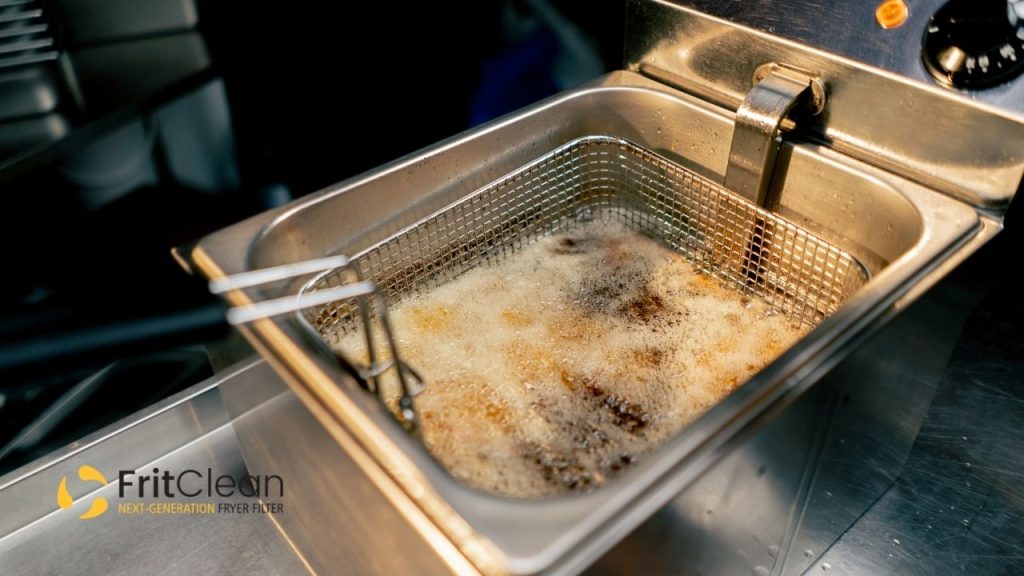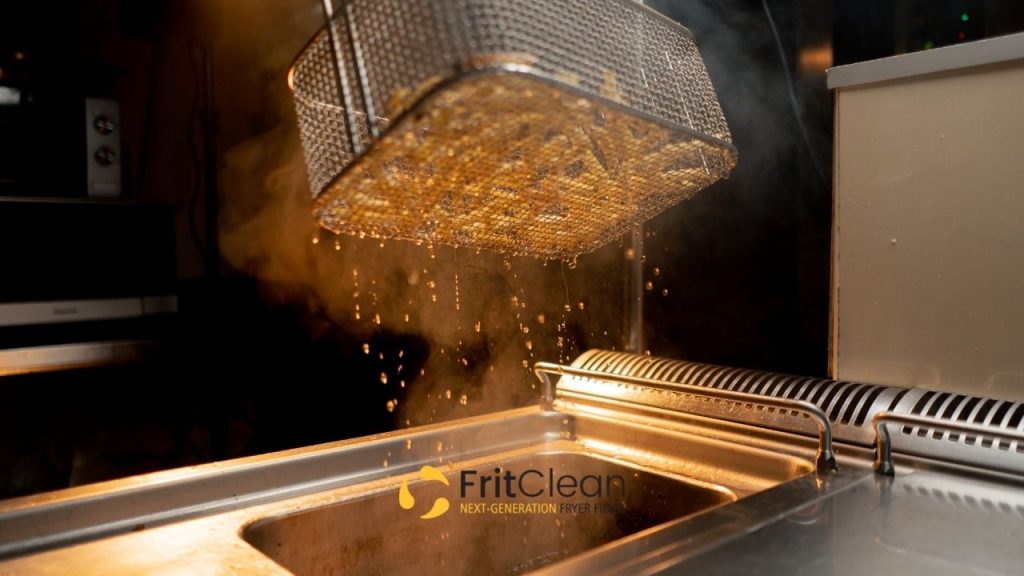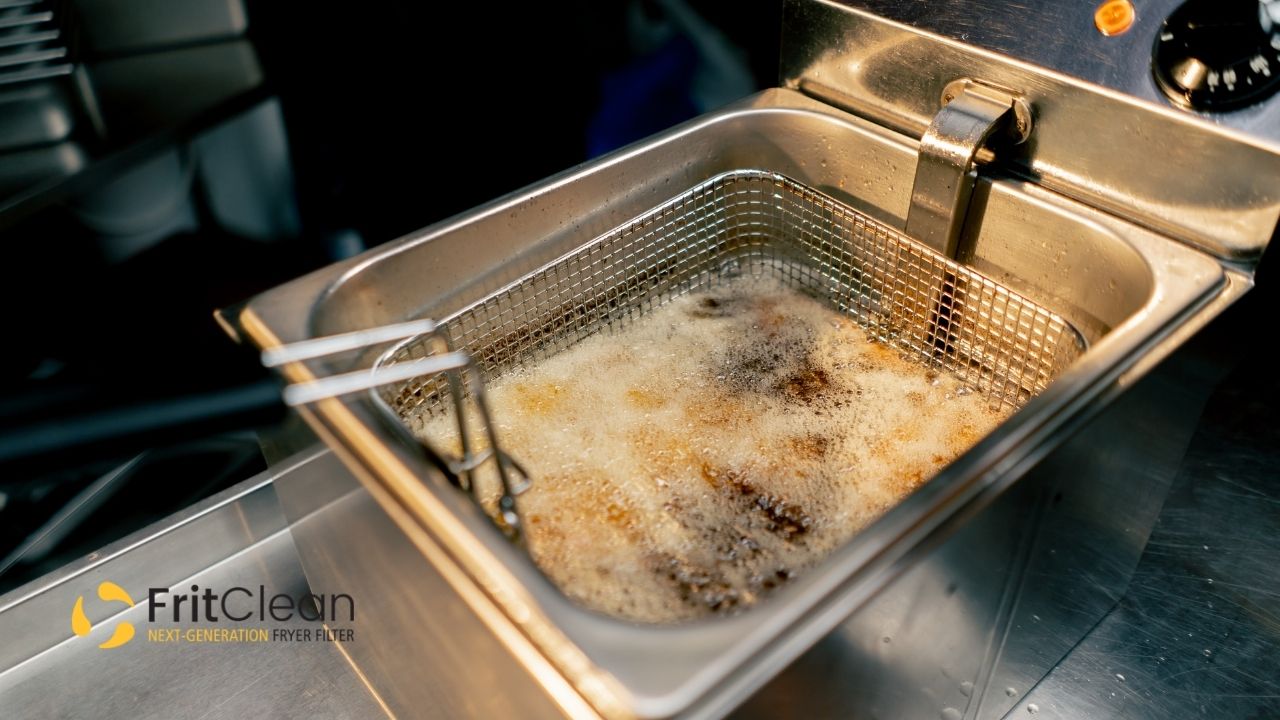Why Every Professional Kitchen Needs an Oil Filter System
In professional kitchens, maintaining the quality of cooking oil is crucial for both food quality and safety. Oil is a key component in various cooking methods, especially frying, where it can become contaminated with food particles, carbon, and other debris. Without proper filtration, these impurities degrade the oil, affecting the taste and texture of the food. This is where an oil filter kitchen system comes in. It helps to remove these contaminants, keeping the oil cleaner for longer periods and ensuring that the food remains consistent in quality.
An oil filter kitchen system is particularly valuable in environments that use large amounts of oil, such as commercial kitchens and restaurants. These systems work by filtering out the unwanted particles from the oil, making it possible to reuse the oil multiple times. This not only helps reduce waste but also improves the overall efficiency of the kitchen. By extending the life of the oil, kitchens can reduce the frequency of oil replacements, which saves money over time. A clean oil system is essential for ensuring that the kitchen operates efficiently and that the food prepared is of the highest standard.
Additionally, oil filtration systems contribute to maintaining a cleaner and safer kitchen environment. Without filtration, oil and grease can build up in kitchen equipment and ventilation systems, which can create potential fire hazards. Using an oil filter system helps prevent this accumulation, ensuring that the kitchen is safer for staff and reducing the risk of costly equipment breakdowns. Over time, this leads to a significant reduction in maintenance costs, making an oil filter kitchen system a worthwhile investment.

Benefits of Oil Filter Kitchen Systems for Food Quality and Safety
An oil filter kitchen system significantly improves food quality by maintaining the integrity of the oil. As oil becomes contaminated with food particles, carbon, and other debris, it can affect the taste, texture, and appearance of fried food. The presence of impurities can also cause food to absorb more oil, resulting in greasy, heavy dishes that are less appealing to customers. By regularly filtering the oil, kitchens can ensure that the oil remains clean and fresh, leading to better cooking results.
Moreover, maintaining clean oil is essential for food safety. Contaminated oil can harbor harmful bacteria or degrade into unhealthy compounds when heated to high temperatures. By filtering the oil, kitchens can reduce the risk of these issues, ensuring that food is prepared in a safe and hygienic environment. This is particularly important in commercial kitchens where food safety standards are strictly enforced. A well-maintained oil filter kitchen system helps avoid the buildup of harmful substances, ensuring the oil remains safe for use throughout its lifespan.
Beyond food quality and safety, using an oil filter kitchen system also contributes to a more comfortable working environment. Kitchens that lack a proper oil filtration system often experience lingering smells and poor air quality due to the constant use of cooking oils. The smell of burnt oil can spread throughout the kitchen and dining area, which is unpleasant for both the kitchen staff and customers. A reliable filter system helps remove the excess grease and smoke, improving air quality and reducing unwanted odors.

Cost Savings and Operational Efficiency with Oil Filter Kitchen Systems
While the initial investment in an oil filter kitchen system might seem significant, the long-term savings and operational benefits far outweigh the cost. Cooking oil is expensive, and in high-volume kitchens, the cost of frequently replacing the oil can be substantial. By using an oil filter system, kitchens can extend the life of the oil, reducing the need for regular replacements. This translates into significant cost savings over time, especially in businesses where oil is used in large quantities.
An oil filter kitchen system also helps improve the efficiency of kitchen operations. With cleaner oil, cooking equipment such as deep fryers, grills, and ovens function more effectively, as there is less risk of oil buildup clogging vents or affecting performance. This reduces the likelihood of equipment malfunctions and ensures that everything runs smoothly in the kitchen. Additionally, cleaner oil ensures that cooking times are consistent, which is crucial for producing quality food in a fast-paced kitchen environment.
Another operational benefit of an oil filter system is the reduction in the need for frequent cleaning and maintenance. Without filtration, grease and oil particles accumulate in kitchen equipment, leading to more frequent and costly deep cleaning sessions. Over time, this can also result in equipment damage, reducing the lifespan of fryers and other appliances. An oil filter system helps minimize this buildup, reducing cleaning time and costs. Moreover, it prevents long-term damage to kitchen equipment, saving businesses from expensive repairs and replacements.
An oil filter kitchen system is an essential tool for maintaining oil quality, ensuring food safety, and improving kitchen efficiency. By regularly filtering the oil, kitchens can reduce costs, enhance food quality, and create a safer, more comfortable environment for staff. Investing in an oil filter system not only pays off in terms of financial savings but also helps ensure that a kitchen operates smoothly and effectively in the long run.
